

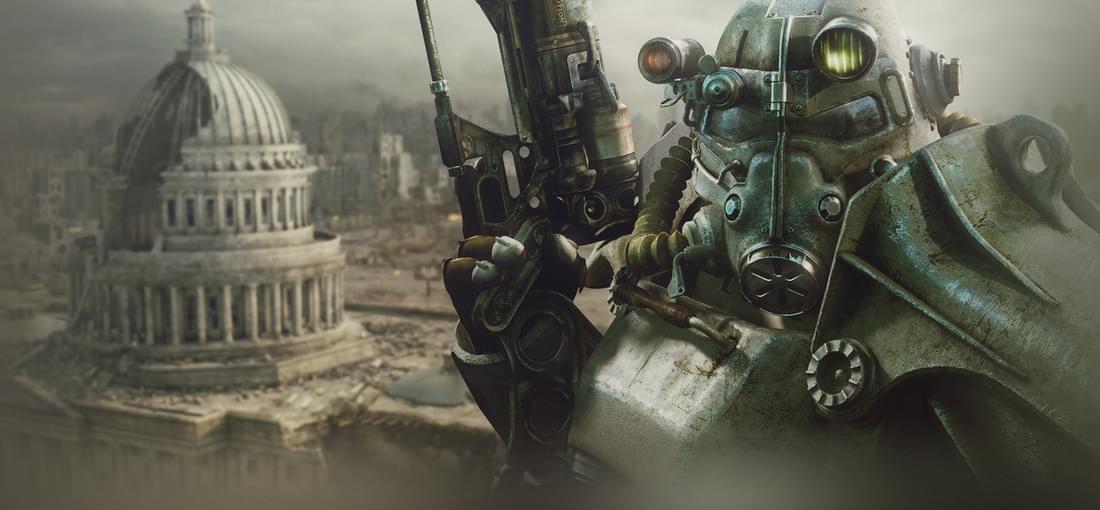
I watched my dad play through "Fallout 3" years ago and finally got around playing it myself, this time with DLC. Bethesda took a classic RPG series and were able to integrate it with their own design. I like those games, but in terms of gameplay, "Fallout 3" is a massive improvement. Reducing the RNG and having actual shooting is simply more enjoyable and doesn't feel like you are always playing with a bad DM. The action can't stand on its own, guns hardly have any punch to them, but it's perfectly serviceable for the RPG mechanics. They are simplified, but still plenty of fun. The perks can be an uneven collection though. The atmosphere is what really sells FO3. Roaming the Capital Wasteland is wonderfully unpleasant, even moreso due to the closed-in design. The issue with it is that it gets exhausting having to carry on through the subway just because you want to reach the other side of a rubble. It doesn't take away from the riveting immersion still, enhanced also by Inon Zur's subtle musical cues or the 20th century music that became an icon of the franchise with this game. Graphically, the game falters, but is saved entirely by its great art direction. The main story starts off well, but devolves into nonsensical garbage by the end. It's not good. But don't let it dissuade you from the fantastic side content. There is much to discover in the Capital Wasteland, whether it is marked on your Pip-Boy or not. I'll go over the DLCs quickly. "Operation Anchorage" takes the worst. It's at least entertaining somewhat. "The Pitt" is good - if there is one DLC you want to play, it's that. "Broken Steel" betters the main game and has great side quests, but it's main narrative is poor. "Point Lookout" is worth checking out if you are interested. "Mothership Zeta" is a mixed bag, try it out for yourself. Great setpieces, but it's very linear. Overall - great game. Highly recommend it to fans of post-apocalyptic media. And Fallout fans should at least give it a shot.
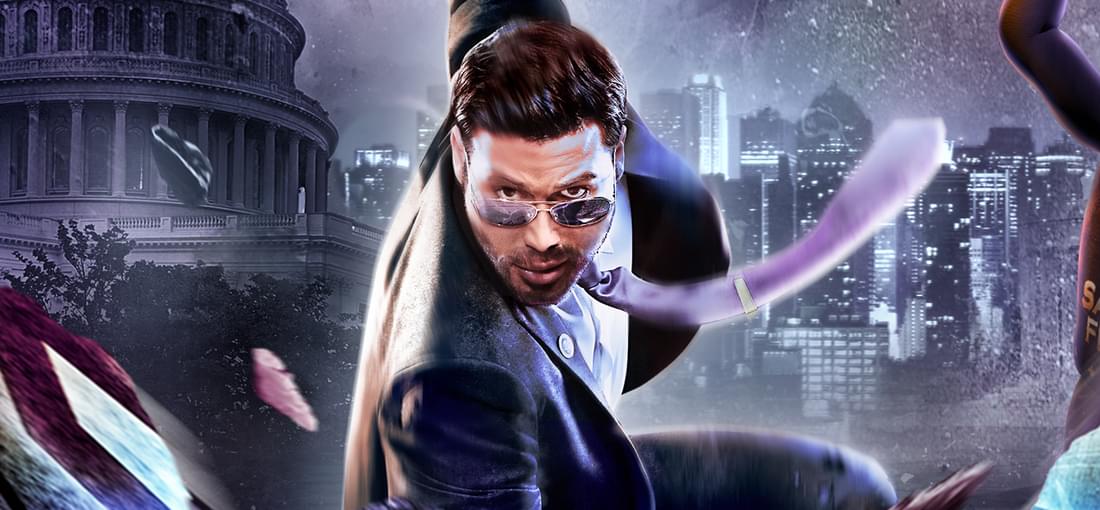
I wasn't a huge fan of Saints Row 3, but Saints Row 4 remedies essentially all issues I had with its predecessor. SR3 tried really hard to have the grittiness of the previous games alongside off-the-rails whackiness, while this entry does at no point take itself seriously. Yet, somehow, it has substantially better writing. The characters receive more development and have actual personalities, the arcs are tied off rather nicely. The jokes are funny and land. It's actually quite charming and I found myself attached to everyone once more. The superpowers are naturally the big addition to this game, and damn, are they fun. A valid criticism that I have heard is that they are so powerful that other aspects of the game are greatly nerfed and, frankly, useless. Guns still have their uses, but most people won't find themselves using cars unless they force themselves to. The ability to run, jump, and glide across the cityscape is simply too tempting to bother yourselves with the otherwise impressive vehicle customization that carried on from SR3. Quite the design overlook, but I can't be too bothered. Being a superpowered force of destruction is exhilirating. It's dumb, honest fun, far better than the arrogant attitude of Saints Row 3. There are plenty of side missions and activities, all of them fun and weird. I completed 100% of them (not the whole game), so I'd say the devs did a good job. Couple that with rewards that always build towards more, you've got an addicting loop. Graphically, the game isn't particularly impressive for the time, but it works for the most part. Especially when you consider the gliched out graphics that commonly occur here. The selection of music is quite good, and the ability to turn on radio anywhere is much appreciated. I would say that Saints Row 2 is the best SR game, but this one is the most fun. It's simple, but the best way to describe this game. Highly recommend to those looking for a world they can go crazy in.
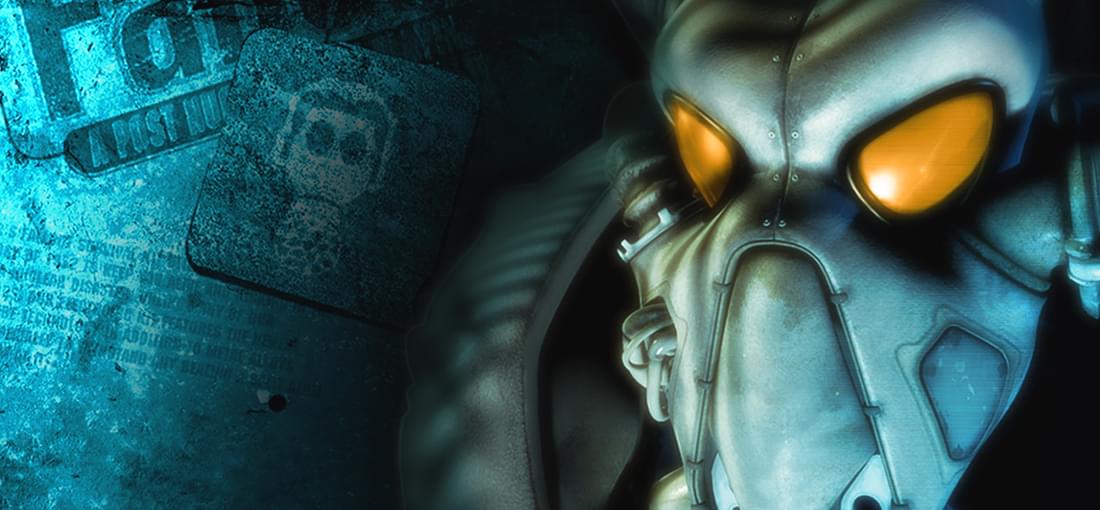
The original Fallout was a good game that I found fell short of some its more positive aspects. The world and atmosphere were great, but not as fleshed out as they could have been. Fallout 2 comes and fixes all of that! The settlements are diverse and filled with details. Each one has its own history, culture, economy, and relationships with others. Most importantly, there are many interesting NPCs that have something to say in all of them. Indeed, characters were very one-dimensional in its predecessor, but Fallout 2 turns around and remedies that, most importantly in the companions department. John Cassidy, the gun-toting bartender with a heart condition. Sulik, the melee expert of a vision-ridden tribal. Marcus, the eloquent, polite, badass super mutant. The writing is also a lot more colorful and consistent in my opinion. Some have criticised FO2 for its frequent breaking of the fourth wall and outdated references, but I personally like it more for them. The original took itself very seriously and it made its comedic moments feel out of place. FO2 instead makes as much fun of the misery of the wasteland as it can, all the while making you consider the implications of society there are there. It feels a lot more balanced to me and the serious moments still have weight behind them, yet being evil does not feel as cartoony as it previously. The side quests and main storyline are fantastic, even if the final boss could have been written a little better. Unlike the previous game, there is proper set up here to all the events that transpire. I genuinely found the main antagonists to be terrifying. One major flaw to me is still the combat. While you can change the AI patterns of your companions, it only helps so much. The pace is the worst aspect, ruined further by the increased amount of enemies that tend to be present. Waiting for each and every single being on the map to move is not the most fun to have. All in all, I loved the game. Once it got going, I was hooked.
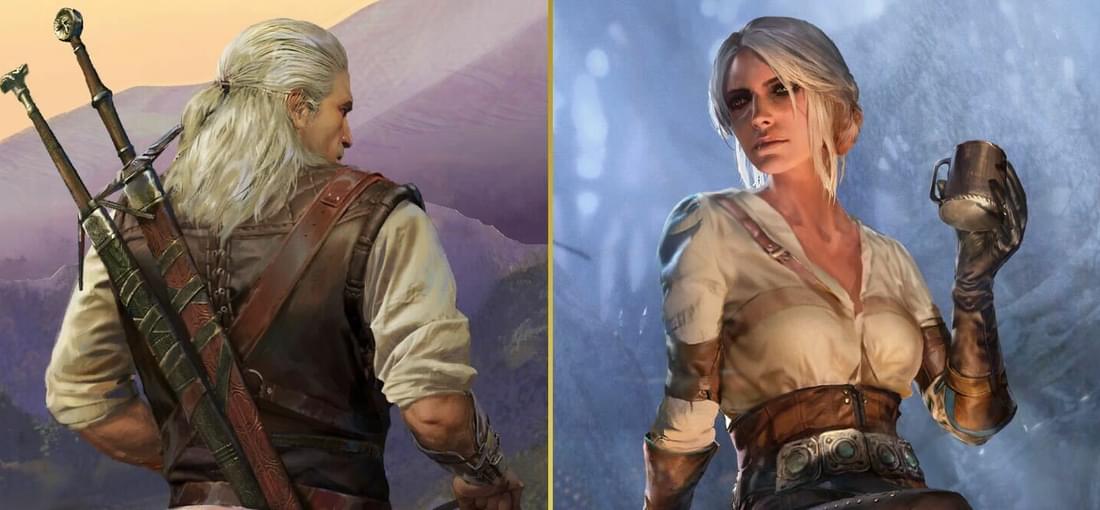
I really enjoyed playing Gwent in The Witcher 3, and so did I in Thronebreaker. As a matter of fact, I decided to take advantage of the rewards I got in Thronebreaker and try out Gwent multiplayer. I find Gwent to be a breath of fresh air in the world of digital card games, avoiding the typical MTG mechanics that most others choose. It's a great concept that I love the idea of. The execution? Truth be told, I find it good. As of writing this review, there are all the traditional Gwent factions, alongside another one called the Syndicate. All of them have unique specifics to how they are played, unique leaders, unique reward trees. They are differentiated well enough. Balancing-wise, the devs seem to take care of keeping everything fair. There are regular updates (one card I liked a lot even got nerfed. :C). A provision system exists that limits the abuse of stronger cards and gives a general overview of how strong your deck might be. There are 3 modes to the game: Classic Gwent, ranked and unranked; Seasonal, which is basically classic with a rule twist that changes each season; Arena, where you are given random cards to build a deck with, then try to win 9 rounds with. All of those are good, I suppose. But I feel as if Arena can drag on for too long with those 9 matches. My issue with the game has to do with how unengaging it can be. It's fine to play a game or two, but I get exhausted afterwards. I understand that it's simply the type of game Gwent is, yet this is a recounting of my experience. Also, the rewarding system feels often unsatisfying. I applaud the devs for giving generous rewards regularly, but when you don't have much to spend them on, it leads to a lack of excitement when you do get them. Reward points are the one thing executed well in that regard, as you have much to spend them on. Perhaps the same goes for meteorite powder. But scraps and ore? They just stack up, with nothing worthwhile mostly.
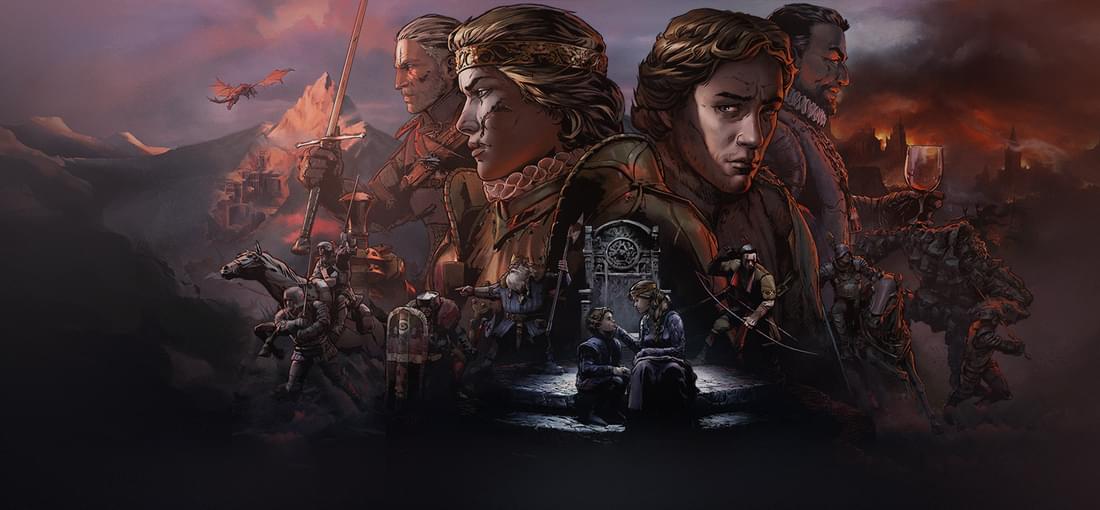
Thronebreaker managed to exceed the expectations, already high, that I had set for it. The game was intriguing enough in the beginning, but the game truly enthralled me by the beginning of its second arc. Truly, the story is the game's selling point. You get to experience from a completely different perspective this time around. Rather than being a bystander witcher, you get to play as royalty this time - Queen Meve. A character somewhat familiar to fans of the Witcher books, she is a fantastic character with genuine humanity at her core. The choices you are presented, in a similar fashion to the main Witcher games, befit the main character. They are also difficult, tie into one another, and often have long-reaching reprecussions. Aside from Meve, there is an entire cast of accompanying characters that you get to spend some time with. All of them are well-written, some on an incredibly impressive level. My favourites happened to be Gascon, Reynard ans Isbel. The plot is captivating and full of twists. It keeps you on your toes and excites you with how it progresses. You get to visit some interesting locations in the world that hadn't been explored before. Throughout all that, the game's tale builds to satisfying conclusions. The gameplay was a great surprise. Thronebreaker is more of a puzzle game, which helps maintain variety and pacing at a steady level. Regular 2/3 Gwent is present and is often more of a pleasant surprise than usual combat. Often, battles have unique conditions and keep the game from being repetitive. That is, until the last 2 chapters, where normal games of Gwent become more and more prelavent, sadly to the game's detriment. By that point, your army is unbeatable and you fight the same decks over and over again. This also hurt the final boss, who presents a signifact difficulty spike I found very unpleasant. Thronebreaker is connected to Gwent MP somewhat and has some rewards for it. But its worth comes from its own qualities. Very good game.
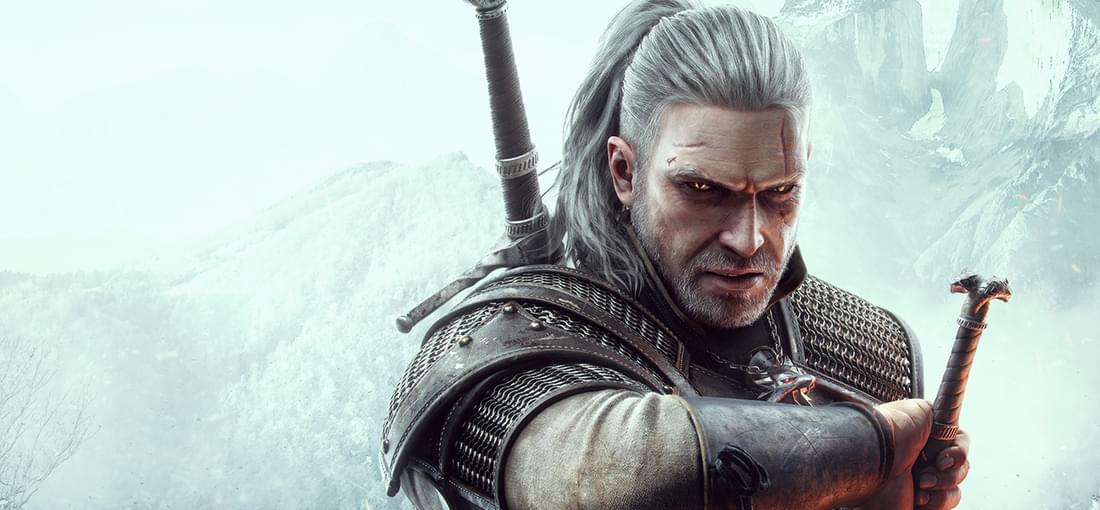
The game has received plenty of awards and praise, which I most definitely agree with. This game pretty much redefined what to expect from an open-world game. Not only does it provide you with a gargantuan open-world, filled to the brim with interesting, fun activities, but also stories about humans (and nonhumans), where every small character here feels like an actual sentient being with their own life. The open world isn't actually continuous as one might expect, but consists of several areas. That being said, some of those areas rival full-fledged open-world games. This type of segregation of the world really allows for more freedom in storytelling and allows you to see more of what the world of The Witcher has to offer. And the game truly is beautiful,with regards to both technology and atmosphere. It also has excellent sound design with one of the best video game soundtracks ever created. And regarding the story, I'll avoid any specifics about it. But it provides a satisfying conclusion to the Witcher saga, games and books included. The switch the open world was rather positive for the storytelling, contrary to many other games which make the switch either due to lack of ideas or to fit a trend. Your actions still have consequences, and pretty big at that. The decision-making that these games always took pride in is as strong as ever, and you will make a choice, only to regret it 10 hours later. I loved the type of freedom you get in doing your quests. The freedom is not just in the open world, but in the way you can go about missions, truly immersing you in the game. I've seen many people criticizing the combat, but I'll disagree with them. It might not be perfect (parrying is very clunky IMO), but it truly captures what it's like to be a witcher. Plenty of enemy types, with the classic "silver for monsters, steel for humans" tactic. Does the game have any issues? Perhaps, but none bothered my experience in a major way. 10/10 from me. Without a doubt.